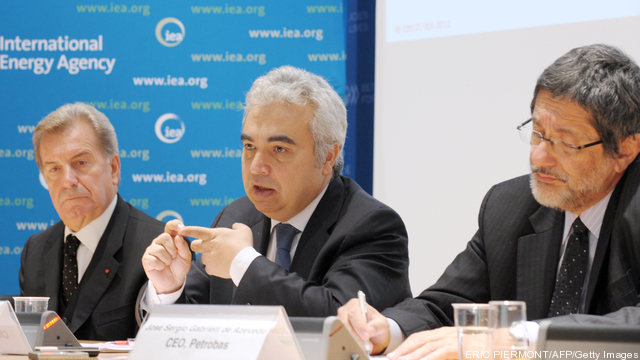
Transportation has always been a huge consumer of energy, but basic efficiency increases in gasoline-powered central combustion engines there has been minimal change to energy use in the transportation sector for the last century.
A transformational combination of shifting fuel prices and availability, leaps in technology development and looming regulatory deadlines are poised to create huge changes in the transport sector, though many of them may be at first invisible to customers. Keep reading →




